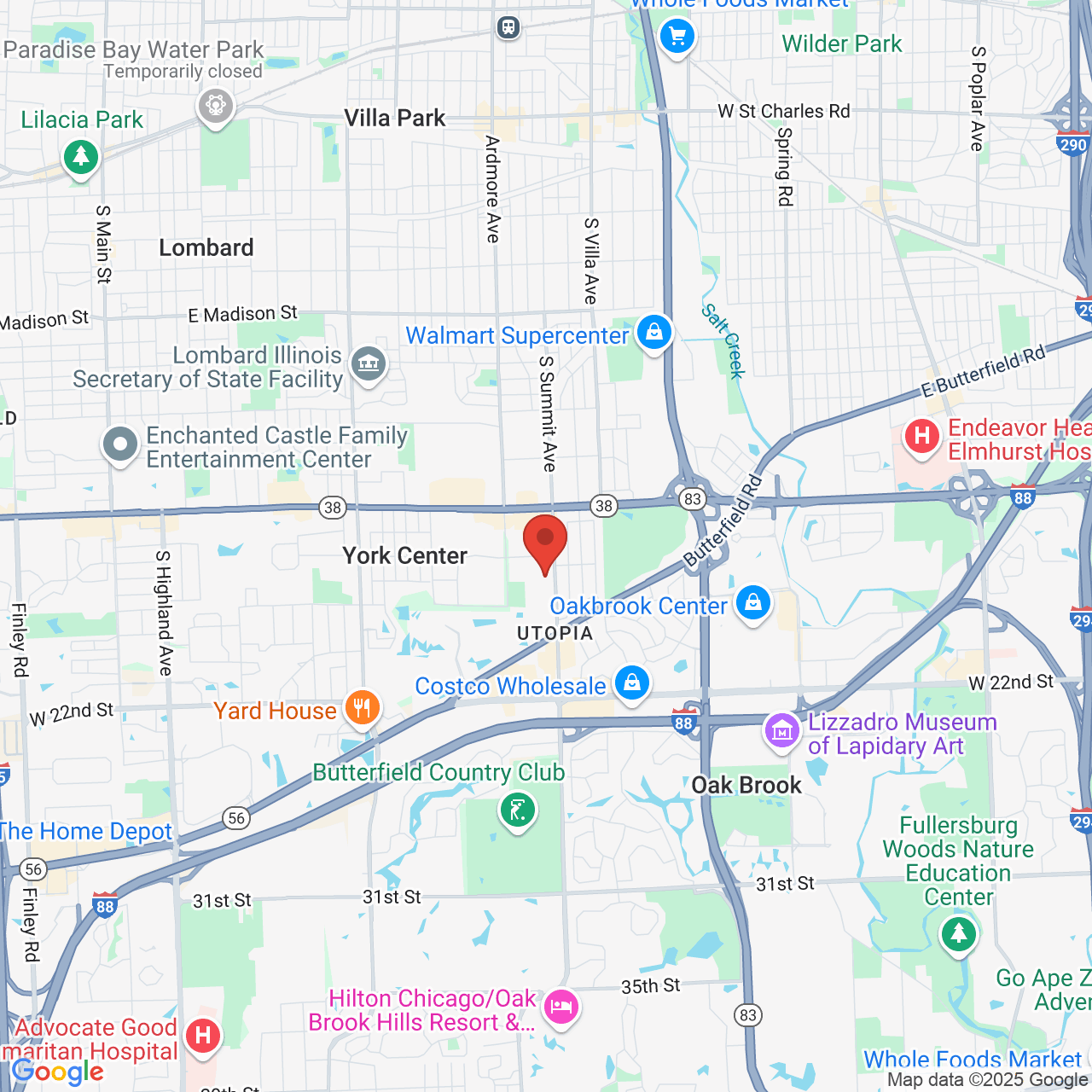Hair Loss and Anemia: How Diet Can Affect Hair Growth
 Here at the Chicago Hair Institute, it's important to use that hair loss treatment is custom tailored to the needs of the patient. Each patient need to have the root cause of his or her hair loss addressed in order to achieve the best possible results.
Here at the Chicago Hair Institute, it's important to use that hair loss treatment is custom tailored to the needs of the patient. Each patient need to have the root cause of his or her hair loss addressed in order to achieve the best possible results.
This consideration is particularly important when it comes to hair loss not related to male pattern baldness. An example: hair loss caused by issues with anemia and iron deficiency. Let's consider this matter right now and discuss some ideal treatment options that will restore the fullness, health, and appearance of you hair.
What is anemia?
Anemia refers to a condition in which a person lacks a sufficient number of healthy red blood cells to help carry oxygen throughout the body. When this happens, patients will often experience the following symptoms:
- Weakness and fatigue
- Shortness of breath
- Increased heart rate
- Pale skin
- Headaches
- Dizziness
- Cold hands and feet
- Issues concentrating and remaining focused
The most common blood condition in the United States, it's estimated that 3.5 million people suffer from anemia.
People Most at Risk for Iron Deficiency and Anemia
Women tend to be more at risk for anemia and issues with iron deficiency than men. Roughly 1 in 10 teenage girls and women experience anemia, though the numbers can be higher with regard to general iron deficiency in women. Men and boys can also experience issues with iron deficiency, though the instances tend to be rarer.
In addition, people who have undergone bariatric surgery can experience issues with iron deficiency given the changes in their digestive tract and eating habits.
Can iron deficiency actually affect my hair growth?
Yes.
A number of studies show that because of anemia and iron deficiency, it's possible to experience hair loss or thinning hair.
Is hair restoration surgery necessary to address this kind of hair loss?
No.
In many cases, hair loss that's the result of anemia or iron deficiency will not require any sort of surgical treatment whatsoever. It's more important for patients to consider getting their anemia treated directly since the hair loss or hair thinning is merely a symptom of the larger condition and will typically be resolved when the anemia is treated.
Ideal Treatment Options for Hair Loss Caused by Iron Deficiency
The best treatment option for the hair loss caused by iron deficiency will generally involve changes in your diet as well as the use of various kinds of nutritional supplements. Foods that are high in iron include:
- Red meat
- Liver
- Poultry
- Pork
- Seafood
- Beans
- Dark leafy greens
- Broccoli
- Peas
Taking vitamin C with any iron-rich food or iron supplement can help improve absorption of iron.
Sometimes patients are recommended to cook their food in a cast iron skillet to help increase the iron in their meals.
Speak with Your General Practitioner or a Dietician for Additional Insight
Everyone's dietary needs are different, and it's important that people avoid taking supplements without proper medical advice. Be sure to discuss your diet with your doctor or a dietician/nutritionist so that you can get the best guidance possible.
Schedule a Consultation at the Chicago Hair Institute
If you would like more information about hair loss and your various treatment options available, it's important that you contact our hair loss surgery and restoration center today. We at the Chicago Hair Institute look forward to your visit and discussing matters with you in greater detail.





